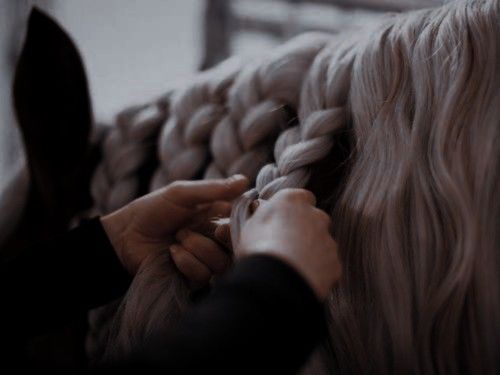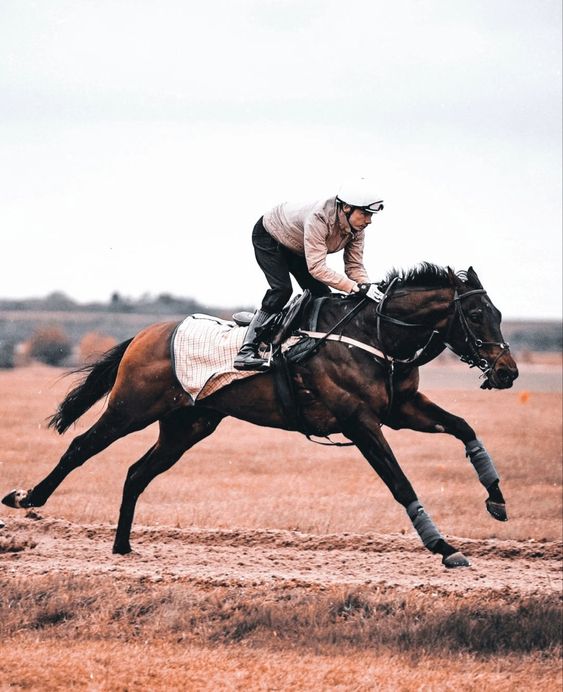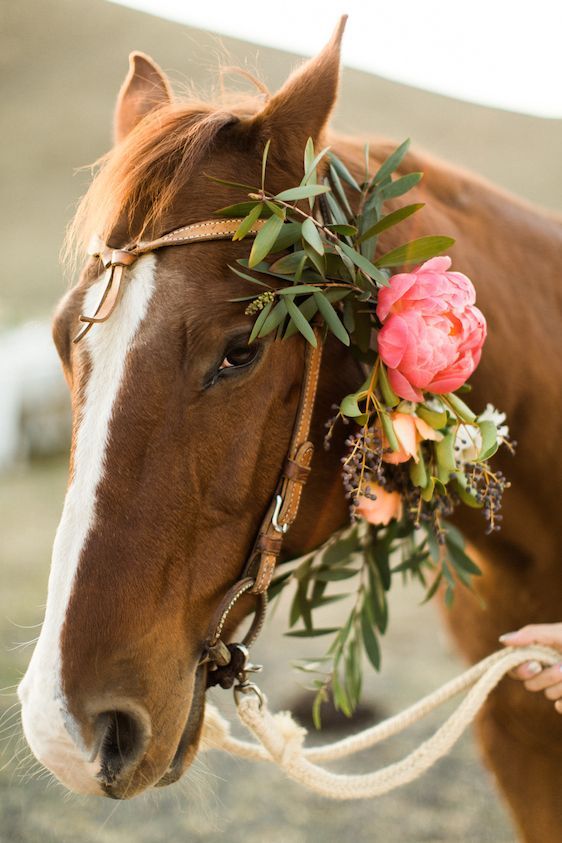St. George’s Day (Gergyovden), celebrated on May 6, is one of Bulgaria’s most cherished holidays. It beautifully weaves together Christian […]
Todorovden | St. Theodore`s Day
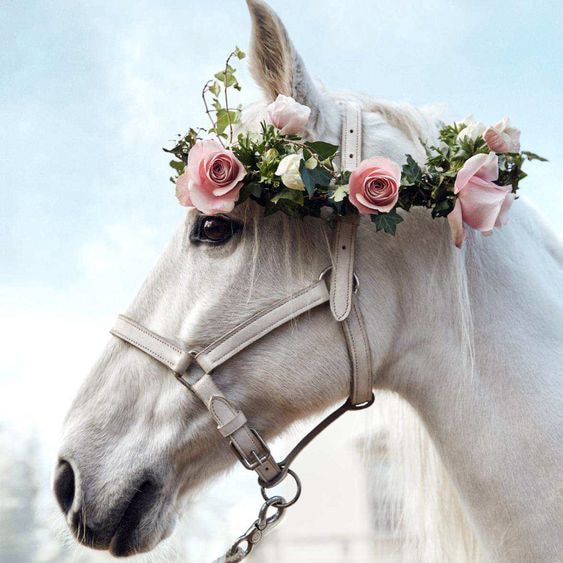
Exactly 40 days before Easter, the Bulgarians pass on the legend of Saint Todor, who on this day puts on nine coats, rides his horse, and goes to beg God for summer to come. The holiday is celebrated on the first Saturday of Easter Lent and is one of the first spring holidays in the national calendar. It is also known as "Horse Easter" and is celebrated with the solemn honoring of horses, with a traditional horse race.
Many of the folk holidays have retained elements of older pagan beliefs. The Christian religion adapted itself to these ancient practices by imposing upon them the patronage of some Christian saints. St. Todor occupies an important part of folk customs and is important for all spring rituals, for the change of winter to spring, and the associated fertility. According to popular belief, on this day St. Todor rides his horse through the spring field to check if the crops are growing. Then he stuck his spear into the ground, tied the horse to it, took off nine coats, and went to God to ask for summer. Therefore, the people associate Todorovden mostly with the hope of fertility.
"Saint Todor took off nine coats and on a white horse went to God to beg for summer."
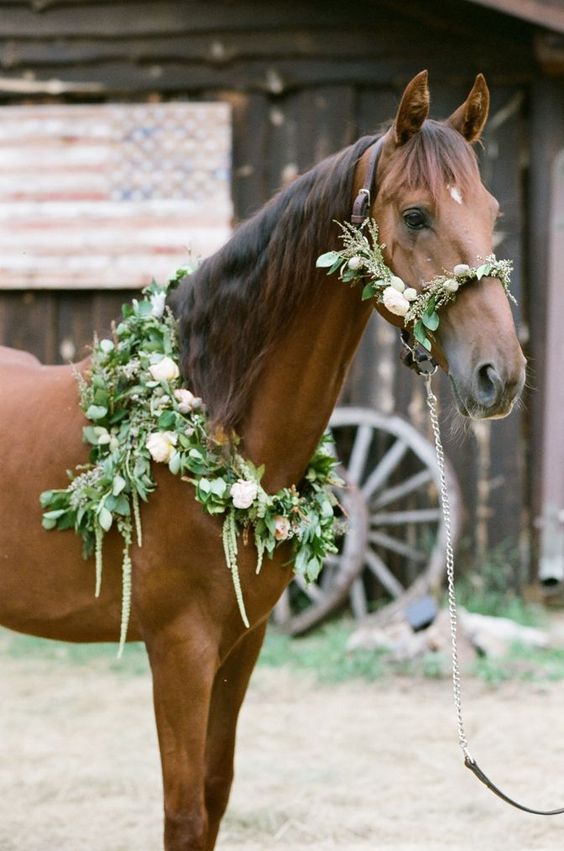
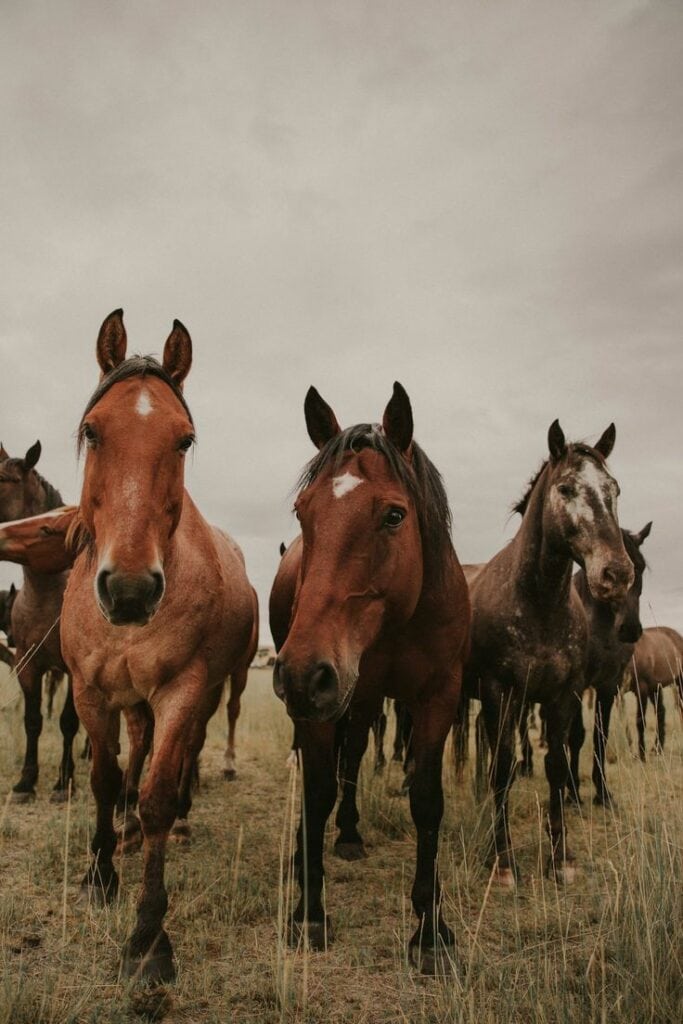
Tradition
While the women prepare for their rituals, the men prepare for the horse race.
The Women The central place is occupied by the young woman, who begins to be called the bride and receives the right to knead bread in the man's house. The ritual bread should have the shape of a horseshoe. This ritual is important for the rapprochement between daughters-in-law and mothers-in-law and for the acceptance of young brides into the family. The ritual bread is placed in the manger of the horses, so the horses may be healthy and have offspring for the new year. The young girls wash their hair with water with straw into it so their hair will be shiny and strong like the horse's tails. Later they pour the water after the horses.
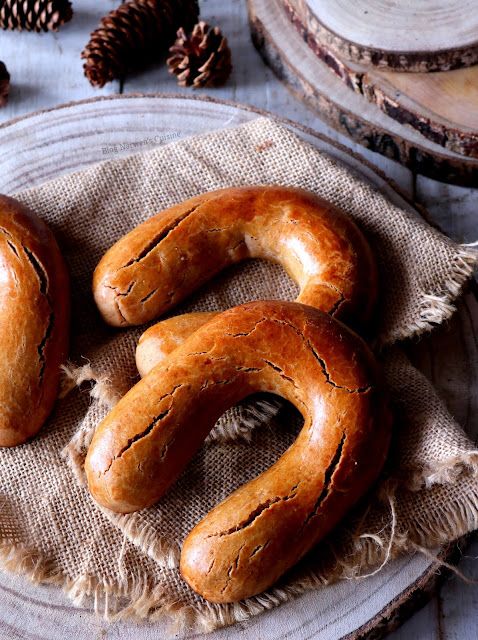
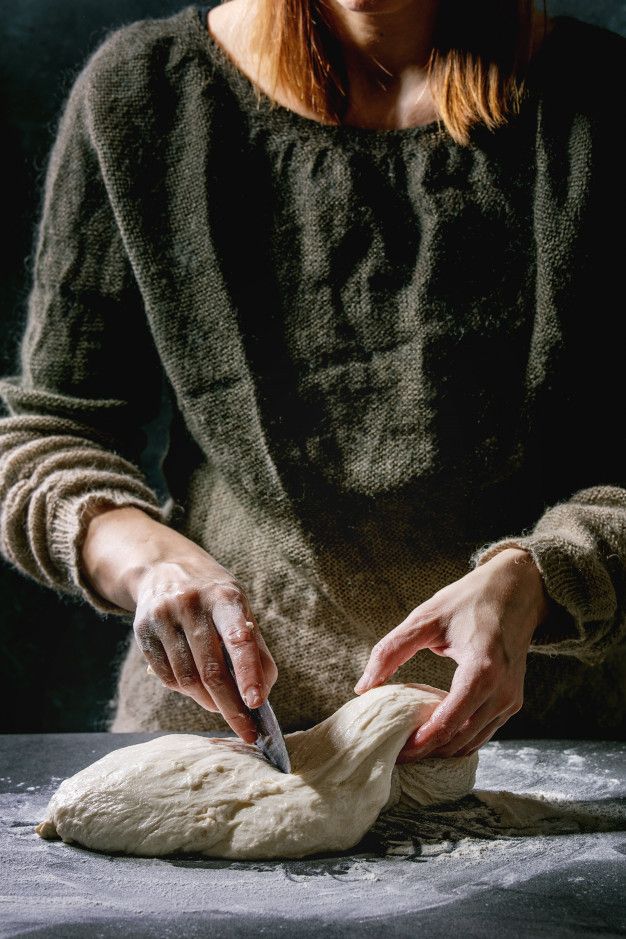
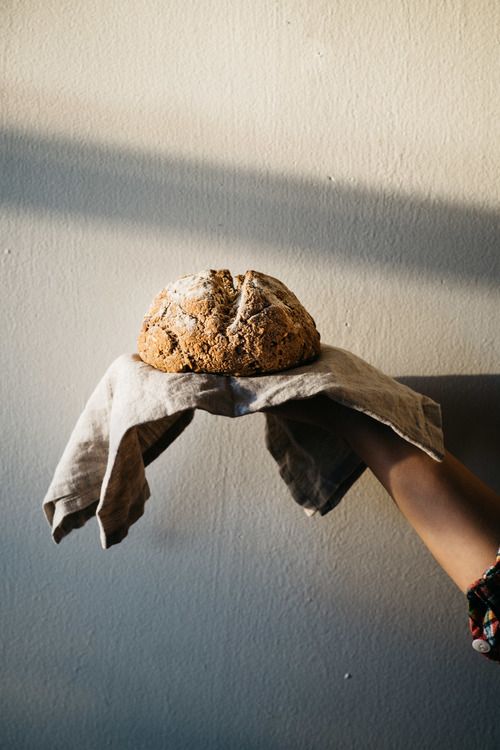
The Men At sunrise, the men braid the horses' tails and decorate them with beads, tassels, and flowers. After that comes the attractive horse race - the "kushia". After the race, which won the fastest, follows the ceremony - a nice feed bag, wreath that girls woven, and last but not least - universal respect and recognition. The horsemen and the winner made an honorary lap around the village, accompanied by a blessing from the farmers. The ritual ends with a traditional folk dance.
